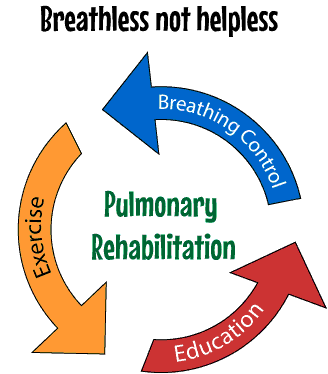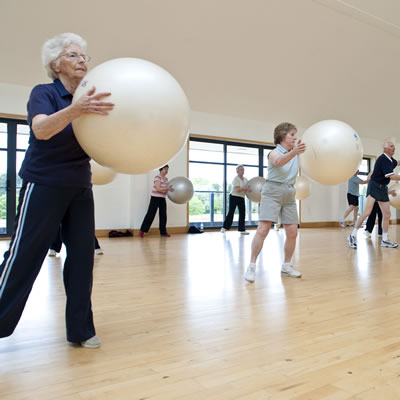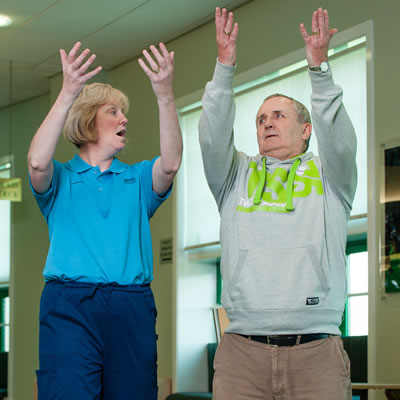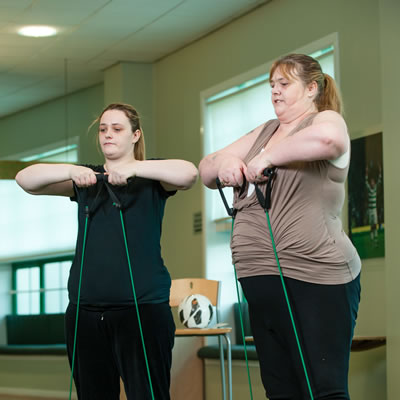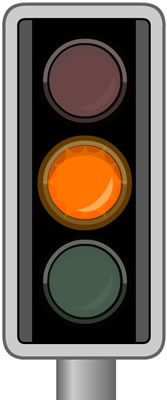Remember, If you are struggling with your diet you may wish to contact your GP practice to discuss if a referral to a dietician would be beneficial for nutritional supplements or more detailed dietary advice.
If you are struggling to eat enough you may also be given nutritional supplement drinks to try. These ready made products provide you with energy, protein, vitamins and minerals. They are designed to boost your intake in between meals, they are not designed to be a meal replacement. There are a range of products available in different styles/ flavours. A health care professional like a Dietician would be best placed to assess you for this and how much was required per day.
If you notice any weight gain , weight loss or increased thirst , seek medical attention due to possible diabetic complications with some treatments.
